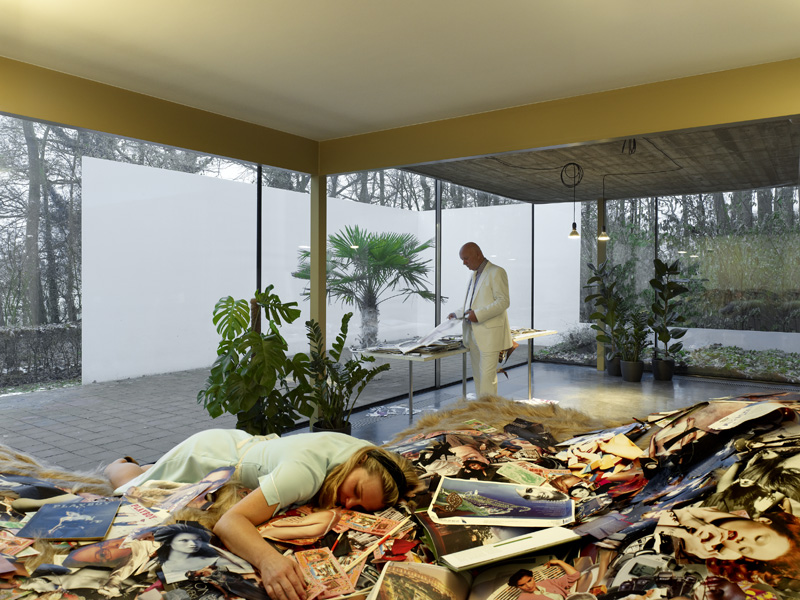Christine Gerrard (UK): Representing the Bubble, lecture
John McTague (UK): The South-Sea Bubble in the Press, lecture
In the last session of the reading room, organized by Ronny Heireman and Katleen Vermeir within the framework of The Residence, Christine Gerrard and John McTague, both from Oxford University, will speak about financial bubbles and literary reactions on them.
John McTague: The South-Sea Bubble in the Press
John McTague: The South-Sea Bubble in the Press
The South See Bubble, the world's first large scale stock fraud of 1720, caused disturbed reactions in the press.The ethical dimension of those responses bears many resemblances to the moralising responses to the financial chicanery of our own times. To what extent was the new 18th century financial system, in which imaginary property was bought and sold, held to be eroding the nation's virtues, political or otherwise? What are we to make of the fact that most of this moralising appears only after the system has failed? Was news itself the cause of the crash, and should writers and gossips be held accountable for the fluctuations in credit that relied on public opinion?
Christine Gerrard: Representing the Bubble
The assumed relationship between the unreliability of economic value and the unstable nature of language was intensely debated by writers such as Daniel Defoe and Jonathan Swift. They were interested in insubstantiality and flux: Swift's poem The Bubble and Defoe's and Addison's ideas on credit demonstrate an unexpected creative potential of financial crises. The ephemerality of meaning and the speculative immateriality of bubbles could apparently have a liberating effect as well, and provoke a transformation of existing notions of value.
Language English
Location Extra City - Antwerpen-Noord, Tulpstraat 79, 2060 Antwerpen

